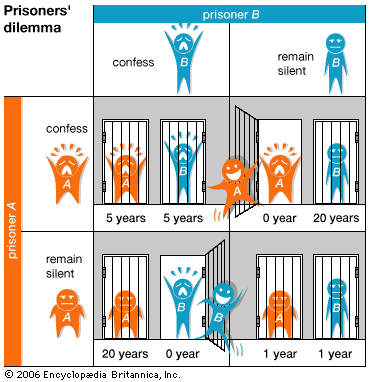My favorite philosopher is also one of my favorite writers: Albert Camus, of
The Stranger fame. His writings contributed to the movement in philosophy known as absurdism.
According to absurdism, humans are always in search of meaning in life, and this search often results in the individual concluding one of two things:
1. Life is meaningless
2. Life has a higher purpose endowed to it by some sort of higher power, God perhaps.
According to Camus, to accept the Absurd is to believe in the first--that life is meaningless. The latter results only in "elusion," an avoidance of the truth that is the meaninglessness of life. As well, hope falls into the category of "elusion" because by hoping one ignores the hard true fact that life is meaningless.
And according to Camus, recognition of the absurd, the acceptance of it, is the only true course of action one can take. (Suicide--while a possibility--is equated with chickening out and succumbing to the absurd.)
I think Camus is a very interesting philosopher in that his philosophy is one that takes some grasping. At first, perhaps, it might seem depressing and hopeless, but upon closer examination, what Camus is positing is for one to accept the meaninglessness of life and to live despite this understanding. In and of itself, it is a hopeful message.

-Alice



